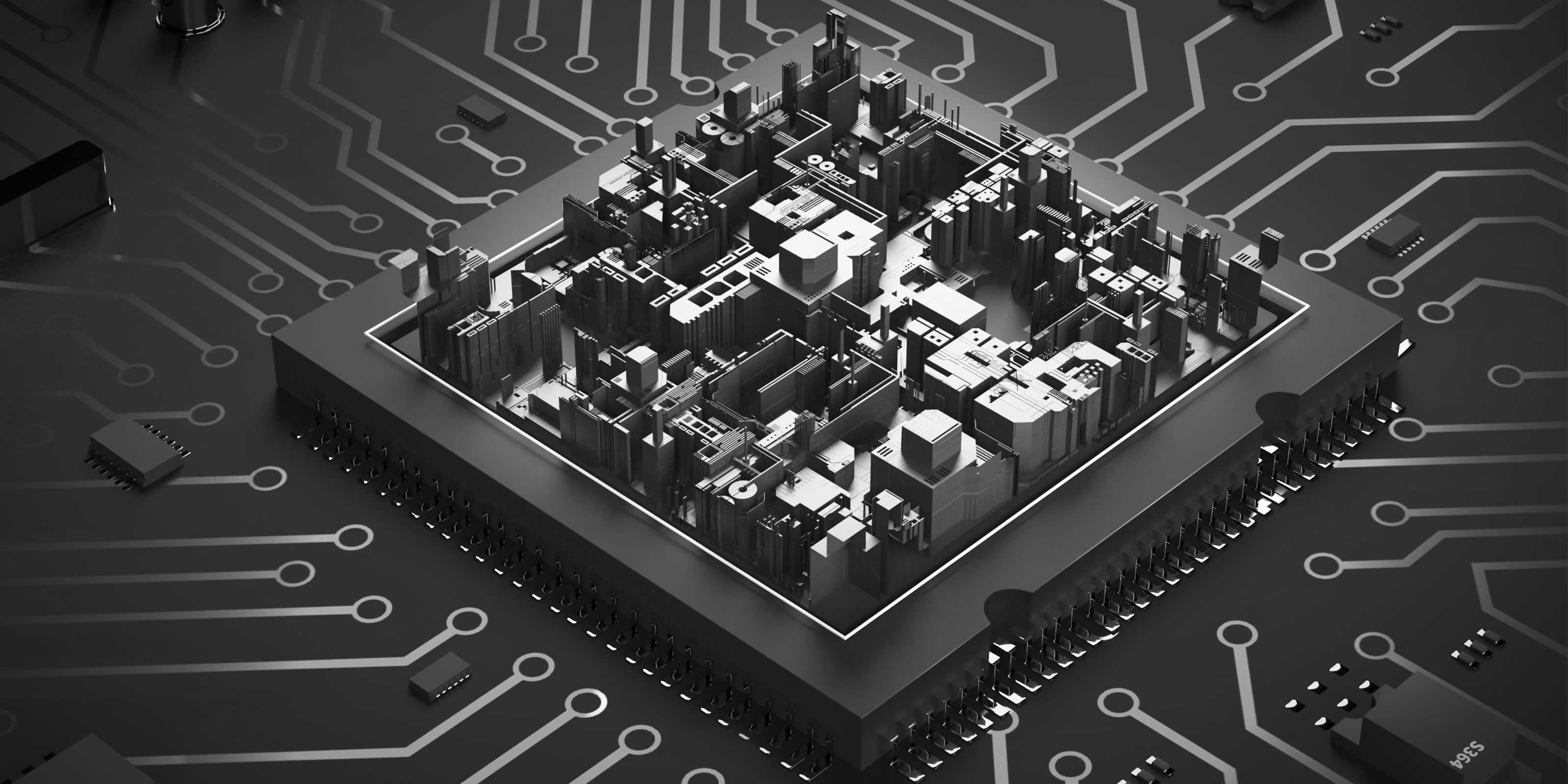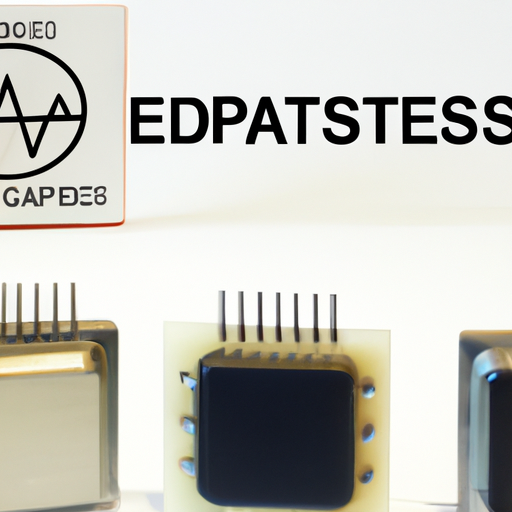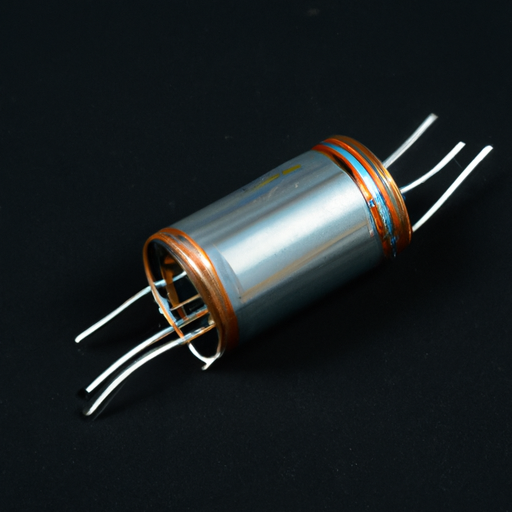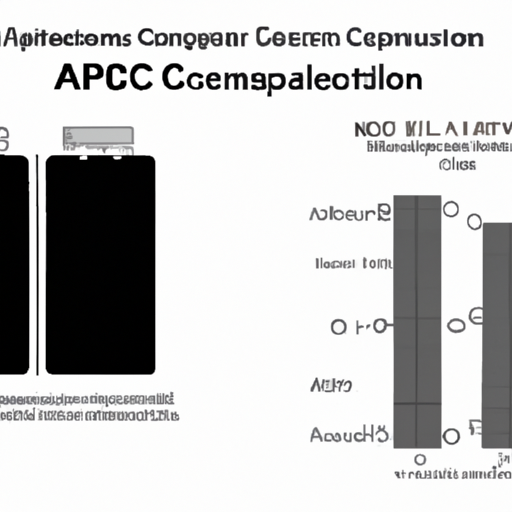CORE_COMPETENCE
Product_Leaders
index_more
index_more_content
info_item01
info_item_content01
info_item02
info_item_content02
info_item03
info_item_content03
info_item04
info_item_content04
NEWS
NEWS
application development in Potentiometers, Variable Resistors for ECS-F1HE475K: key technologies and success stories
Application Development in Potentiometers and Variable Resistors: Focus on ECS-F1HE475KPotentiometers and variable resistors are integral components in a wide range of applications, from automotive systems to consumer electronics and industrial automation. The ECS-F1HE475K model exemplifies the advancements in this technology, showcasing its versatility and reliability across various sectors. Below is a detailed exploration of key technologies and success stories associated with the ECS-F1HE475K.
Key Technologies1. Digital Potentiometers2. Tactile Feedback3. Robustness and Durability4. Miniaturization5. Smart Integration6. Multi-turn Potentiometers1. Automotive Applications2. Consumer Electronics3. Industrial Automation4. Medical Devices5. Home Automation Success Stories ConclusionThe ECS-F1HE475K potentiometer represents a significant advancement in potentiometer technology, demonstrating its versatility across various industries. Its robust design, precision, and user-friendly features make it a preferred choice in automotive, consumer electronics, industrial automation, and medical devices. As technology continues to evolve, the role of potentiometers and variable resistors will expand, paving the way for new innovations and applications that enhance user experience and operational efficiency.
2025-04-14
0
ECS-F1CE225K Inductors, Coils, Chokes highlighting the core functional technology articles and application development cases of Inductors, Coils, Chokes that are effective.
ECS-F1CE225K Inductors, Coils, Chokes: Core Functional Technologies and Application Development CasesInductors, coils, and chokes are fundamental components in electronic circuits, serving critical roles in energy storage, filtering, and signal processing. The ECS-F1CE225K is a specific inductor model that exemplifies these functionalities across various applications. Below, we explore the core functional technologies and application development cases that highlight the effectiveness of inductors, coils, and chokes.
Core Functional Technologies1. Energy Storage2. Filtering3. Choke Applications4. Transformers5. Saturation Characteristics1. Power Supply Design2. RF Applications3. Audio Equipment4. Motor Control5. Telecommunications6. LED Drivers Application Development Cases ConclusionInductors, coils, and chokes, such as the ECS-F1CE225K, are indispensable components in modern electronic applications. Their capabilities in energy storage, signal filtering, and noise reduction make them essential in diverse fields, including power supply design, RF applications, audio equipment, motor control, telecommunications, and LED drivers. A thorough understanding of their core functional technologies and application development cases empowers engineers to design more efficient and effective electronic systems, ultimately enhancing performance and reliability across various industries.
2025-04-13
0
application development in Capacitors for CFR-12JB-52-110R: key technologies and success stories
Application Development in Capacitors for CFR-12JB-52-110R: Key Technologies and Success Stories
Developing applications for capacitors like the CFR-12JB-52-110R involves a comprehensive understanding of both the technical specifications of the component and the broader context of application development. Below is an overview of key technologies and success stories related to capacitor application development.
Key Technologies
1. **Capacitor Types and Specifications**:
- The CFR-12JB-52-110R is a ceramic capacitor with specific capacitance, voltage rating, and tolerance. Understanding these specifications is crucial for selecting the right capacitor for a given application.
2. **Circuit Design**:
- Capacitors are integral to various circuit designs, including filtering, decoupling, and timing applications. A solid grasp of circuit theory and design principles is essential for effective application development.
3. **Simulation Software**:
- Tools like SPICE (Simulation Program with Integrated Circuit Emphasis) enable developers to simulate circuit behavior before physical implementation. This helps optimize designs that incorporate capacitors.
4. **PCB Design Tools**:
- Software such as Altium Designer, Eagle, or KiCAD is used for designing printed circuit boards (PCBs) that incorporate capacitors. These tools assist in layout design, ensuring proper placement and routing to minimize parasitic effects.
5. **Embedded Systems**:
- Many applications involve microcontrollers or microprocessors that require capacitors for power management and signal integrity. Familiarity with embedded systems programming is beneficial for developers.
6. **Power Management**:
- Capacitors are critical in power supply circuits, including voltage regulation and energy storage. Understanding power management techniques is vital for developing efficient applications.
7. **Testing and Validation**:
- Techniques for testing capacitor performance, such as ESR (Equivalent Series Resistance) and ESL (Equivalent Series Inductance) measurements, are important for ensuring reliability in applications.
Success Stories
1. **Consumer Electronics**:
- Capacitors like the CFR-12JB-52-110R are widely used in consumer electronics, such as smartphones and laptops, for power supply decoupling and signal filtering. Successful designs have led to improved performance, reduced noise, and extended battery life.
2. **Automotive Applications**:
- In the automotive industry, capacitors are used in various applications, including engine control units (ECUs) and infotainment systems. Successful integration of capacitors has enhanced the reliability and efficiency of these systems, contributing to better vehicle performance and safety.
3. **Renewable Energy Systems**:
- Capacitors are essential in renewable energy applications, such as solar inverters and wind turbine controllers. Successful projects have demonstrated improved energy conversion efficiency and system stability, enabling more effective harnessing of renewable resources.
4. **Medical Devices**:
- In medical technology, capacitors are used in devices like defibrillators and imaging equipment. Success stories highlight the importance of high-reliability capacitors in critical applications where performance and safety are paramount, ensuring accurate diagnostics and effective treatment.
5. **Telecommunications**:
- Capacitors are integral to telecommunications equipment, helping to manage power supply and signal integrity. Successful implementations have led to enhanced data transmission rates, reduced signal noise, and improved overall system performance.
Conclusion
The development of applications involving capacitors like the CFR-12JB-52-110R requires a blend of electrical engineering knowledge, circuit design skills, and familiarity with modern design tools. Success stories across various industries demonstrate the versatility and importance of capacitors in enhancing the performance and reliability of electronic systems. As technology continues to evolve, the role of capacitors in innovative applications will likely expand, leading to new opportunities for developers. The ongoing advancements in capacitor technology and application methodologies will further drive innovation across multiple sectors.
2025-04-12
0

























